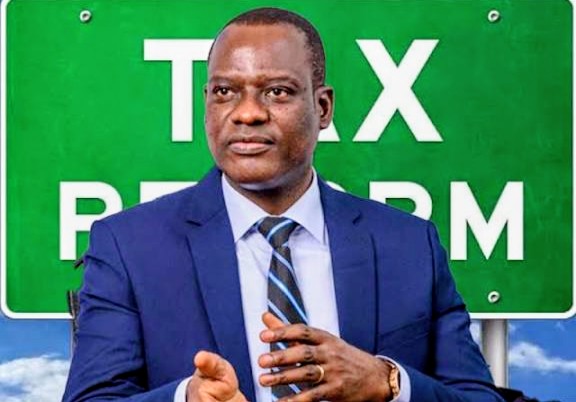
by Ola Williams-
The Federal Government has put the brakes on plans to introduce a five percent fuel surcharge until the Naira appreciates significantly or global crude oil prices drop, according to the Chairman of the Presidential Committee on Fiscal Policy and Tax Reforms, Mr. Taiwo Oyedele.
Speaking at the Haulage and Logistics Magazine Conference & Exhibition in Lagos, Oyedele explained that the decision was taken in response to concerns raised by Nigerians over the proposed tax regime.
“For me, the right time will be when the Naira strengthens or crude prices drop, so the surcharge won’t raise pump prices,” Oyedele said.
He described the proposed surcharge as a “sound and progressive policy” designed to fund road maintenance across the country but admitted that implementing it now would worsen the financial pressure on Nigerians.
“The idea is brilliant and already being implemented in more than 150 countries,” he noted. “Unfortunately, most of Nigeria’s 200,000 kilometres of roads are in poor condition. That’s why a sustainable funding mechanism is essential.”
Oyedele revealed that the surcharge was originally introduced during the administration of former President Olusegun Obasanjo, with the plan to channel 40 percent of proceeds to federal roads and 60 percent to state and local government roads.
However, he said the Federal Roads Maintenance Agency (FERMA) had requested to start immediate collection of the levy following the removal of fuel subsidy — a move the Committee rejected.
“We said no because introducing such a tax now would be insensitive,” he emphasized. “So, while the surcharge has been included in the draft tax law, it will only take effect when the Minister of Finance issues an official order, based on improved economic conditions.”
Oyedele further assured that the ongoing tax reforms would provide significant relief for the haulage and logistics sector by cutting down multiple taxation, reducing operational costs, and improving efficiency.
“We are not introducing new taxes; we are removing the many duplicated ones that frustrate transporters and increase prices,” he said.
According to him, under the new policy, small transport and logistics businesses with annual turnover below ₦100 million will be exempted from company income tax, while eligible operators will benefit from VAT refunds and tax incentives.
“The goal,” Oyedele concluded, “is to simplify Nigeria’s complex tax system and ensure that collections are transparent, efficient, and fairly distributed across all levels of government.”




